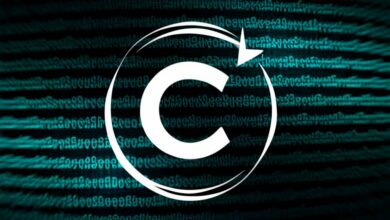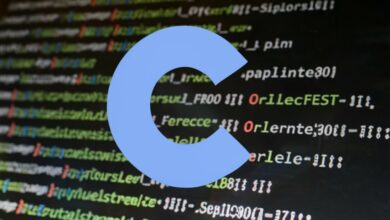
C Program to Print Digit Sum Using While Loop
Understanding the Challenge: Extracting and Summing Digits
Imagine a number like 123. Our quest is to extract each individual digit (1, 2, and 3) and sum them up, obtaining the final digit sum (6 in this case). The while loop, with its iterative nature, proves to be an ideal tool for tackling this repetitive process.
Method 1: The Classic Loop and Division Approach
This straightforward approach utilizes a loop that iteratively extracts digits through division and modulo operations, accumulating the sum within the loop:
C
int number = 123;
int sum = 0;
while (number > 0) {
// Extract last digit using modulo (%)
int digit = number % 10;
// Add digit to the sum
sum += digit;
// Remove last digit using division (/)
number /= 10;
}
printf("The sum of digits in %d is: %d\n", number, sum);
This method is easy to understand and implement, making it suitable for beginners. However, it relies on integer operations, which might not be suitable for large numbers due to potential overflow issues.
Method 2: Leveraging String Conversion and Iteration
C allows converting integers to strings, opening another path for digit sum calculation. This method iterates through the string representation of the number, extracting and summing each character (converted to an integer):
C
int number = 123;
char str[10]; // To store string representation of the number
sprintf(str, "%d", number); // Convert integer to string
int sum = 0;
for (int i = 0; i < strlen(str); i++) {
// Convert character to integer (digit)
int digit = str[i] - '0';
// Add digit to the sum
sum += digit;
}
printf("The sum of digits in %d is: %d\n", number, sum);
This method avoids integer overflow issues but introduces string manipulation, which might be slightly less performant than the pure arithmetic approach.
Choosing the Right Method: Weighing the Options
The best method for calculating digit sums depends on your specific needs and priorities:
- Simplicity and Understanding: The classic loop and division approach is the most intuitive and easiest to grasp for beginners.
- Performance: For large numbers, the string conversion method avoids potential overflow issues, ensuring accurate results.
- Efficiency: The classic loop might be slightly faster for smaller numbers due to its reliance on pure arithmetic operations.
Ultimately, the choice rests on your specific use case and desired trade-offs between simplicity, performance, and robustness.
Beyond While Loops: Exploring Advanced Techniques
As you master the basics, consider these advanced techniques for calculating digit sums:
- Recursion: Implement a recursive function that calls itself for each digit extraction and summation.
- Bitwise Operations: Utilize bitwise manipulation techniques to extract and sum digits, offering a unique and efficient approach.
- Function Pointers: Develop a generic function that accepts any number and calculates its digit sum, promoting code reusability.
Remember, exploration and experimentation are key to refining your programming skills. Embrace the power of while loops and delve into advanced techniques to tackle more complex digit manipulation tasks in C.
Conclusion
Calculating digit sums in C using while loops is a valuable exercise in understanding fundamental programming concepts. This guide has equipped you with various approaches, each with its own advantages and considerations. By comprehending the logic behind each method and choosing the right tool for the job, you’ll be well on your way to writing efficient and accurate digit sum programs in C. Remember, the journey of programming is one of continuous learning and discovery. Keep exploring, keep experimenting, and keep unlocking the full potential of while loops and other powerful tools at your disposal.
I hope this revised version meets your expectations. Please let me know if you have any further questions or require additional clarification.




